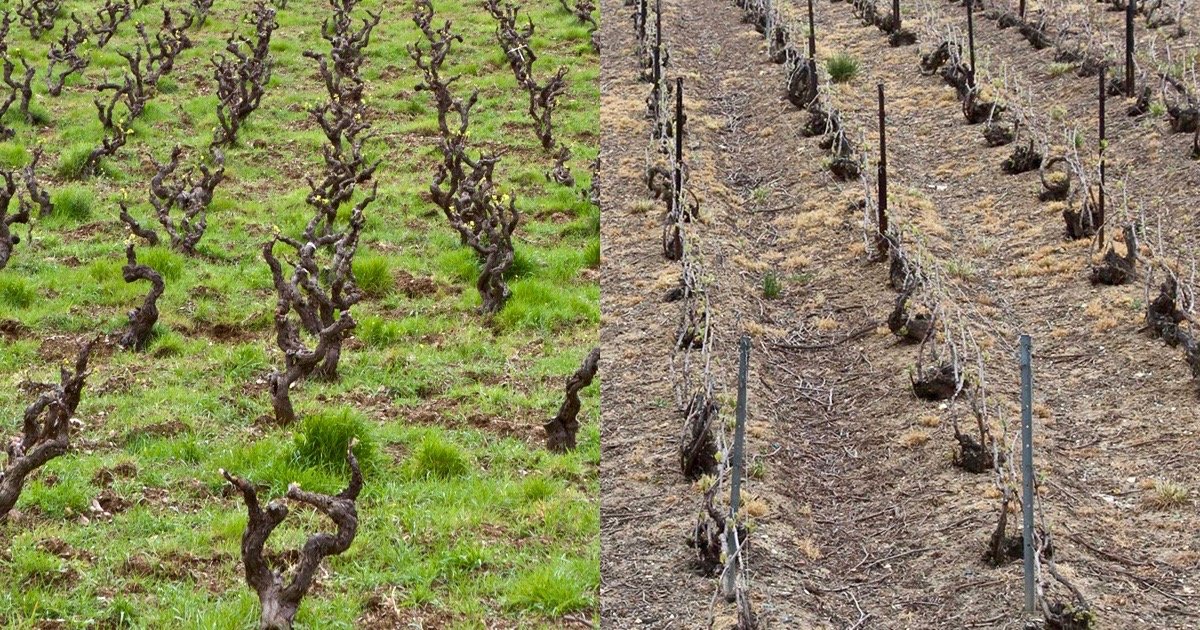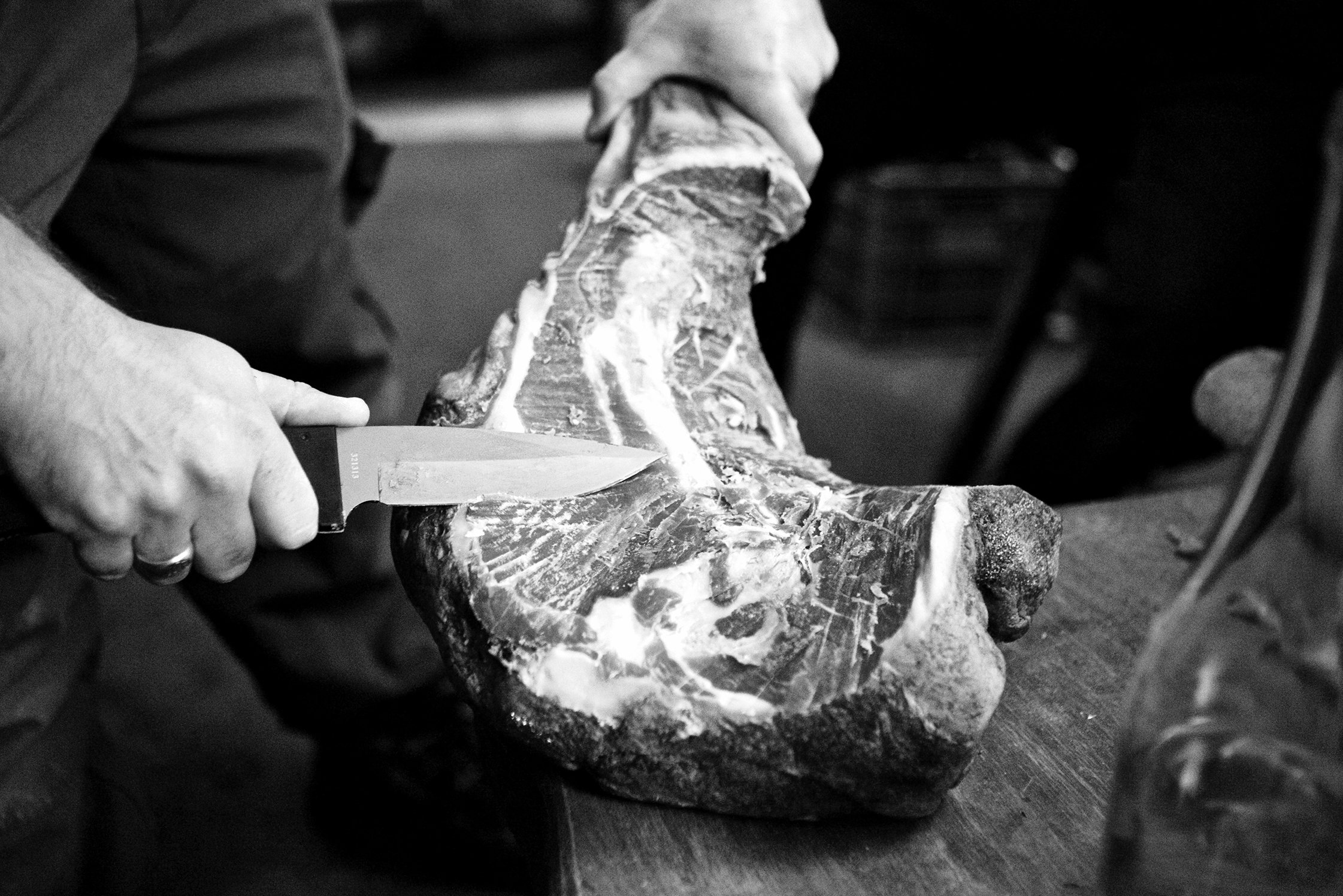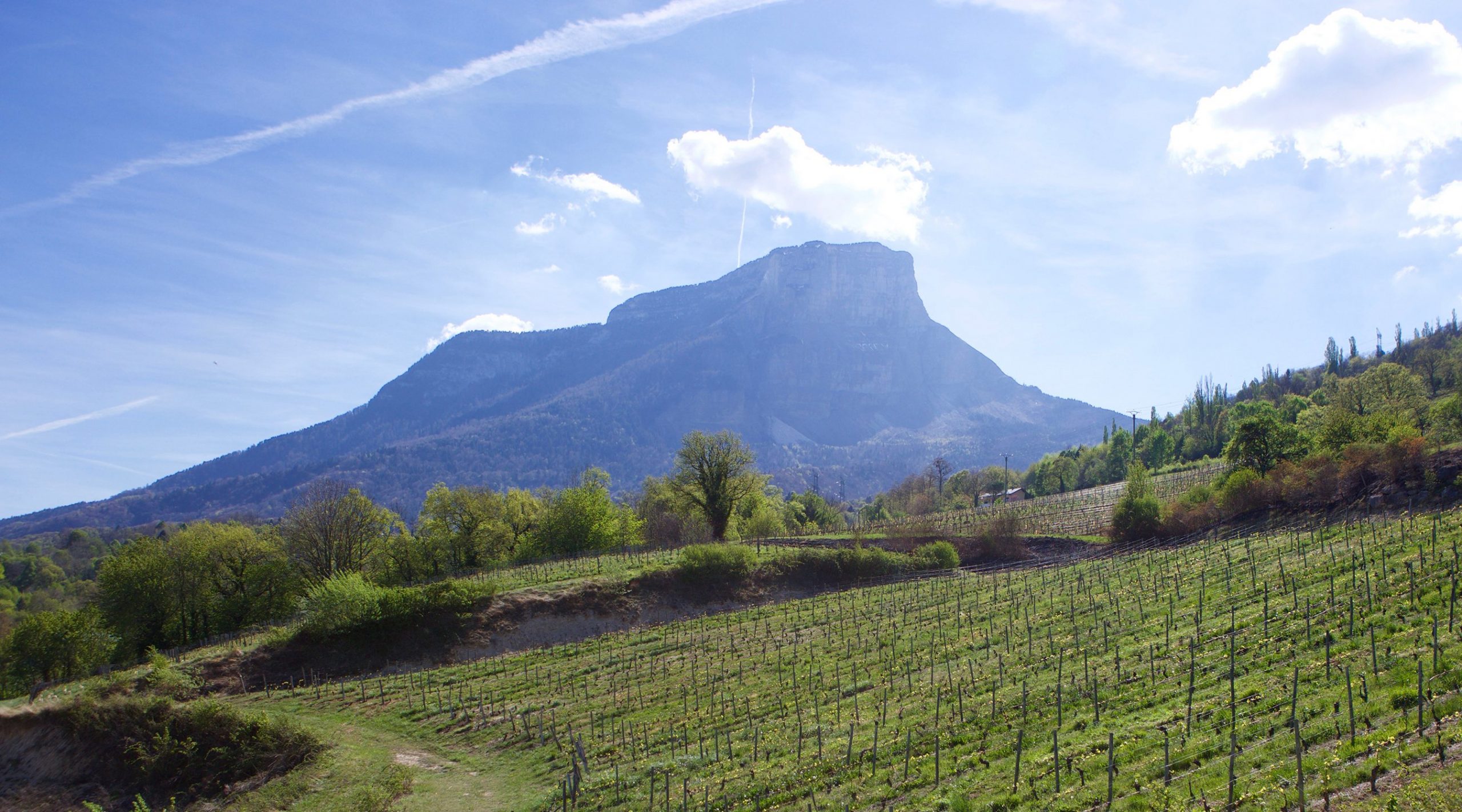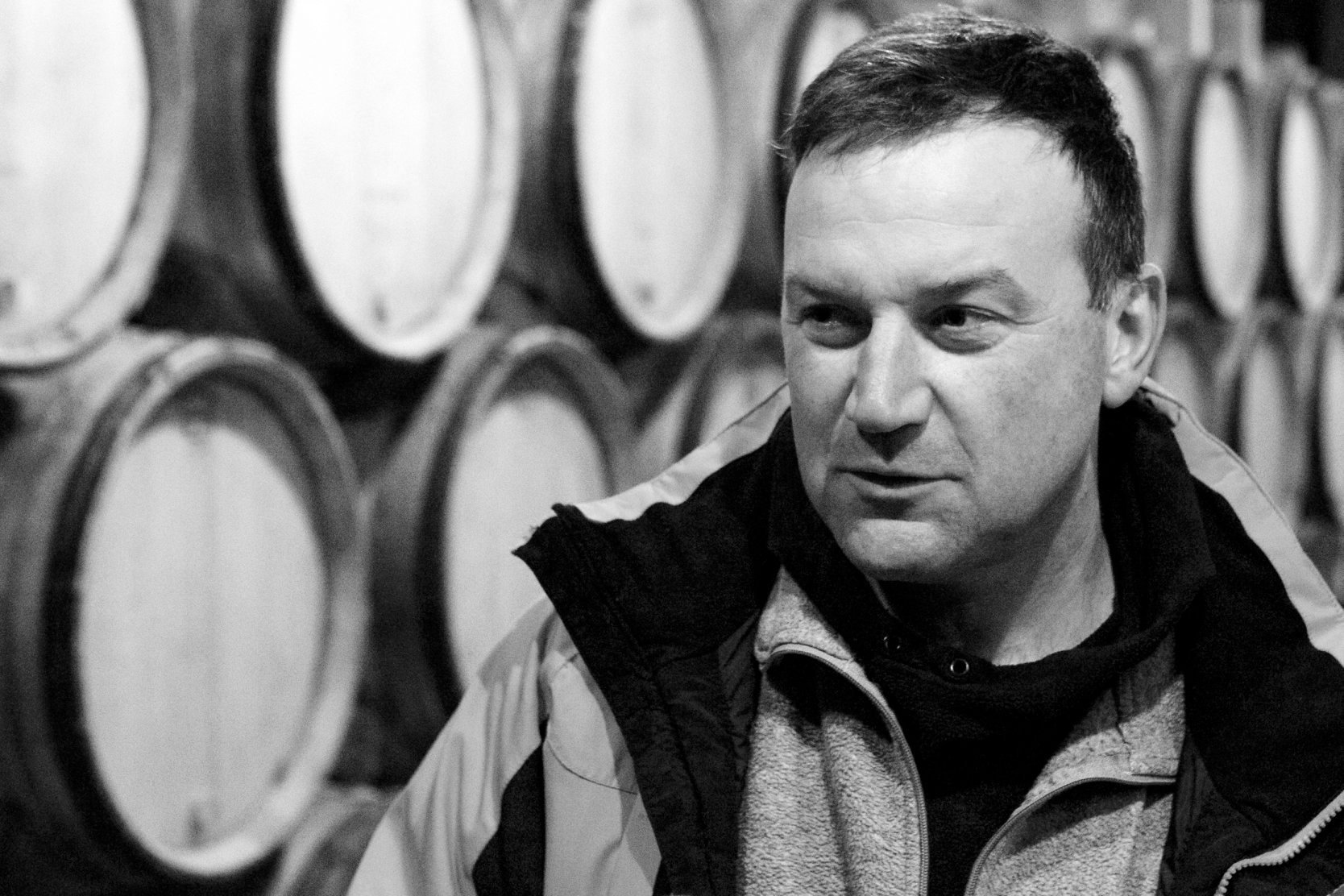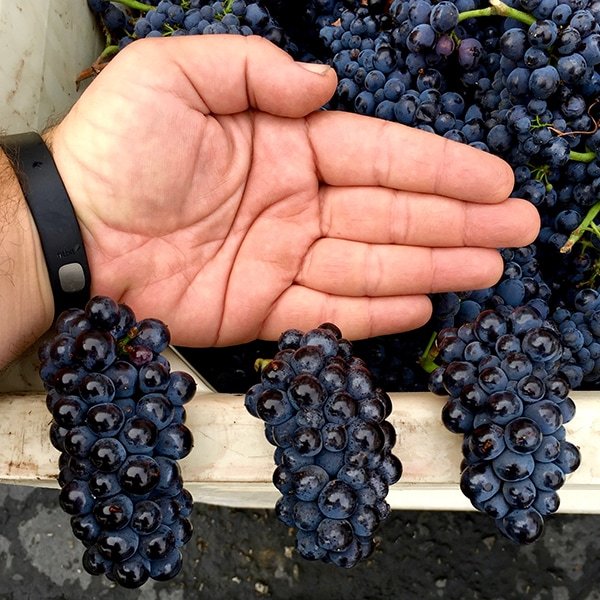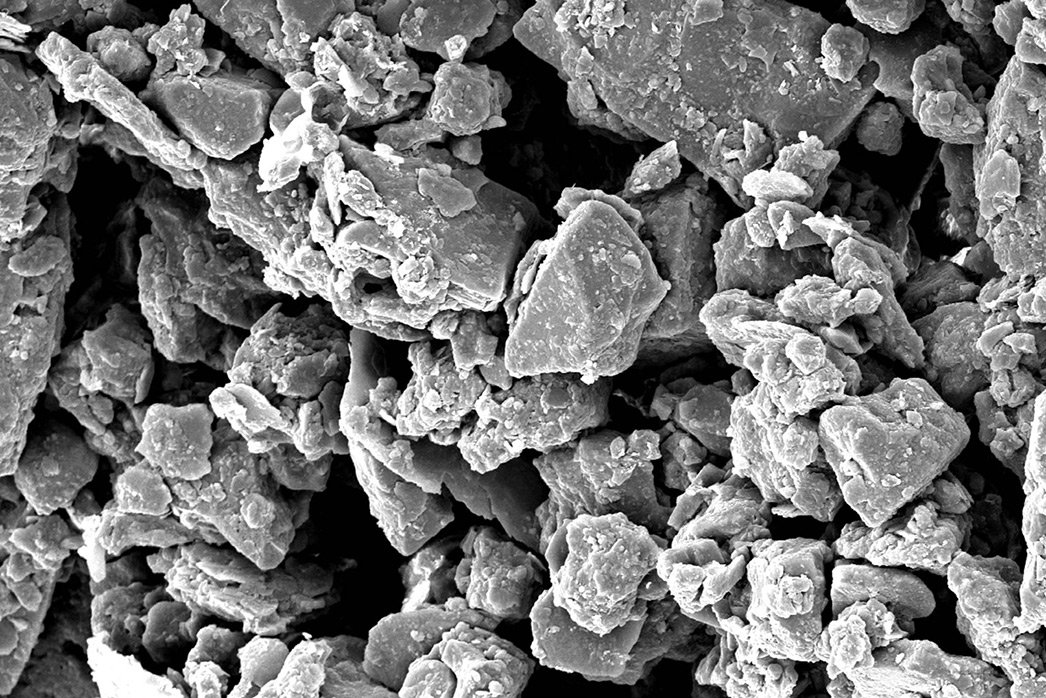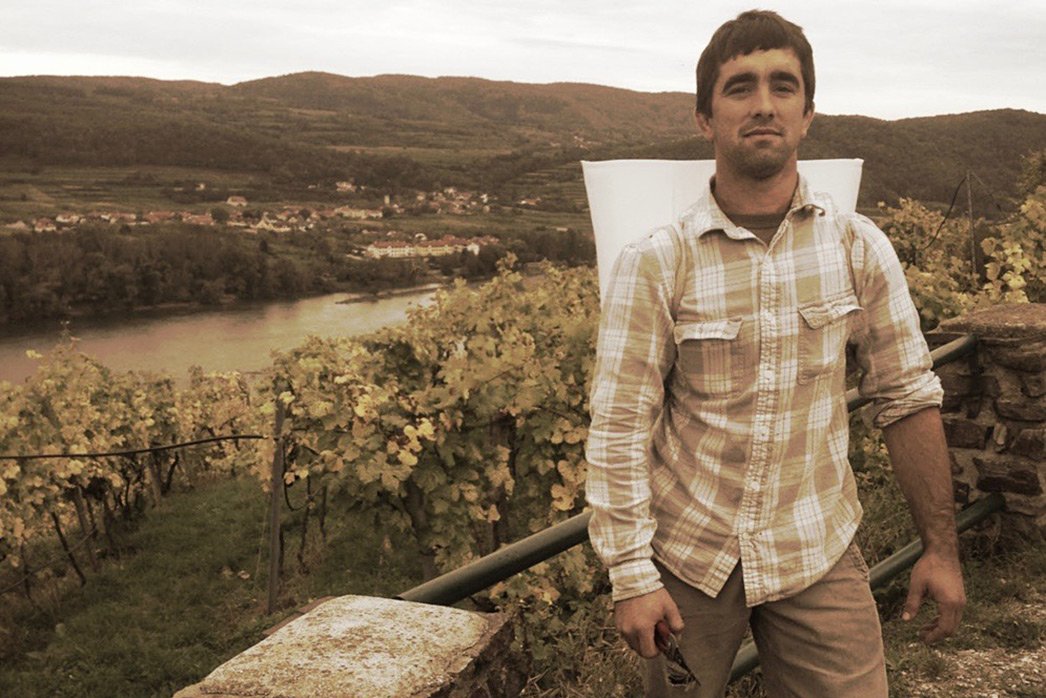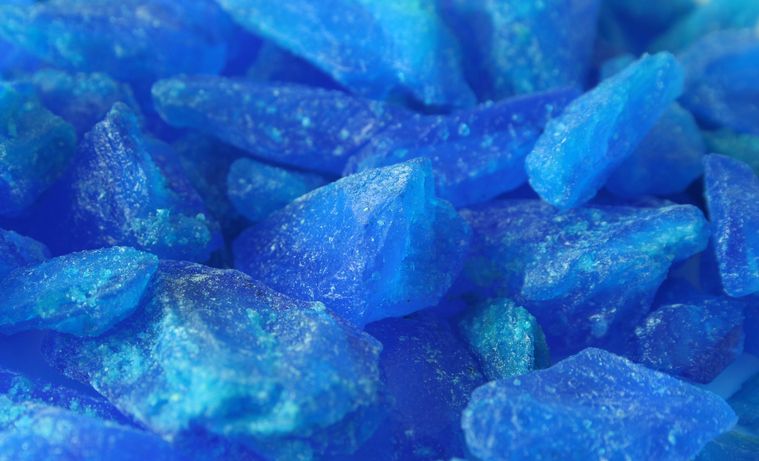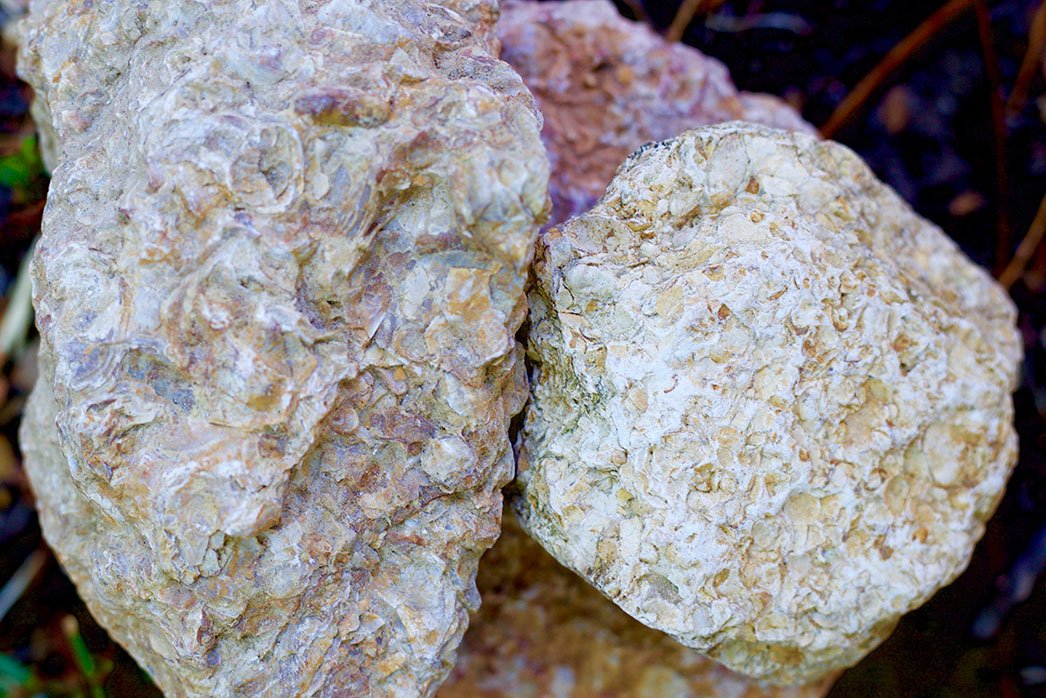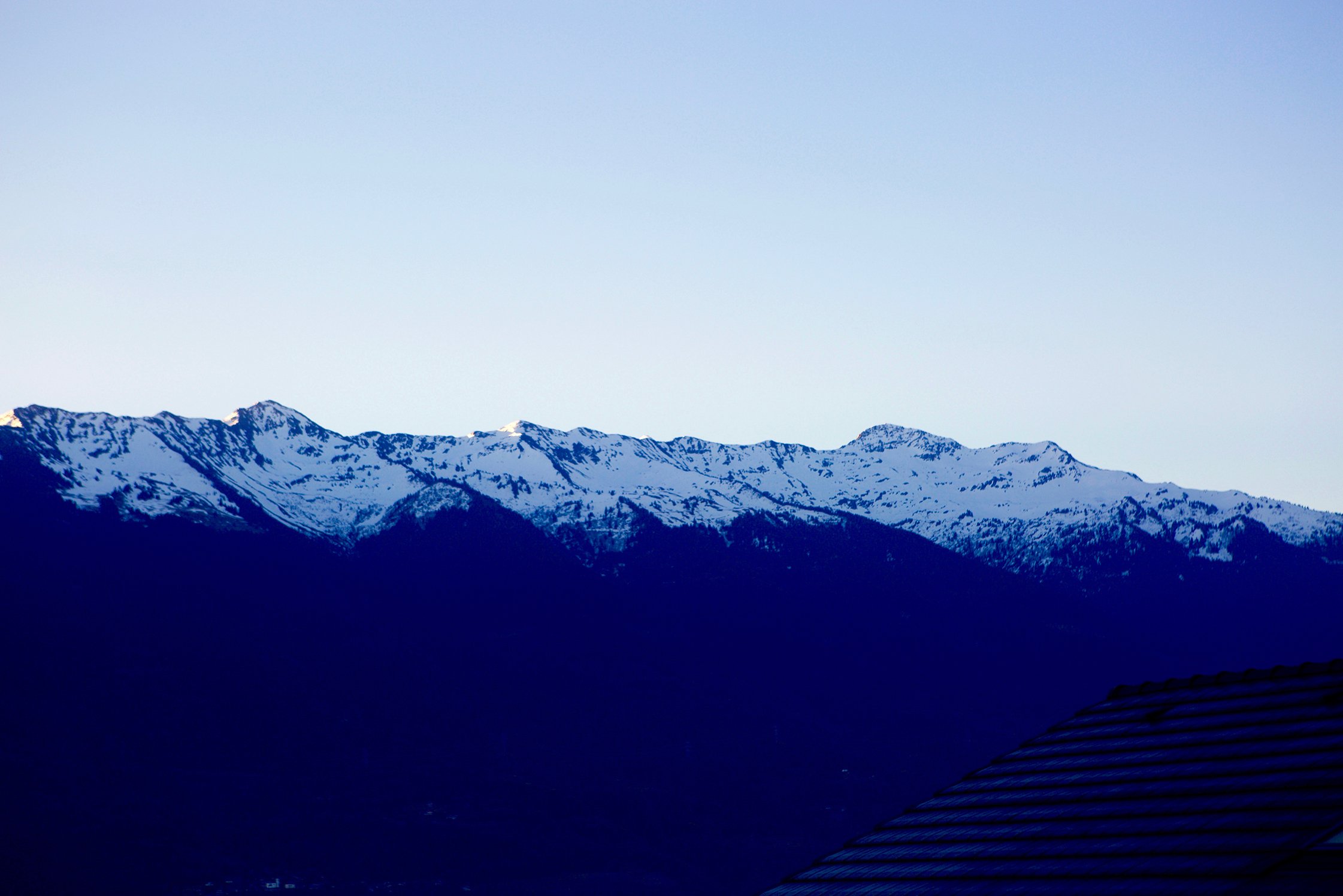
As evening approached, we were on our way to see Ted’s good friend Nico Rebut, a former sommelier of great talent and repute who has since become a very successful wine distributor in Paris. Each week, he makes the five-hour drive or train ride from the Alps to Paris, his primary market and where he also consults quite a few...[ read more ]

